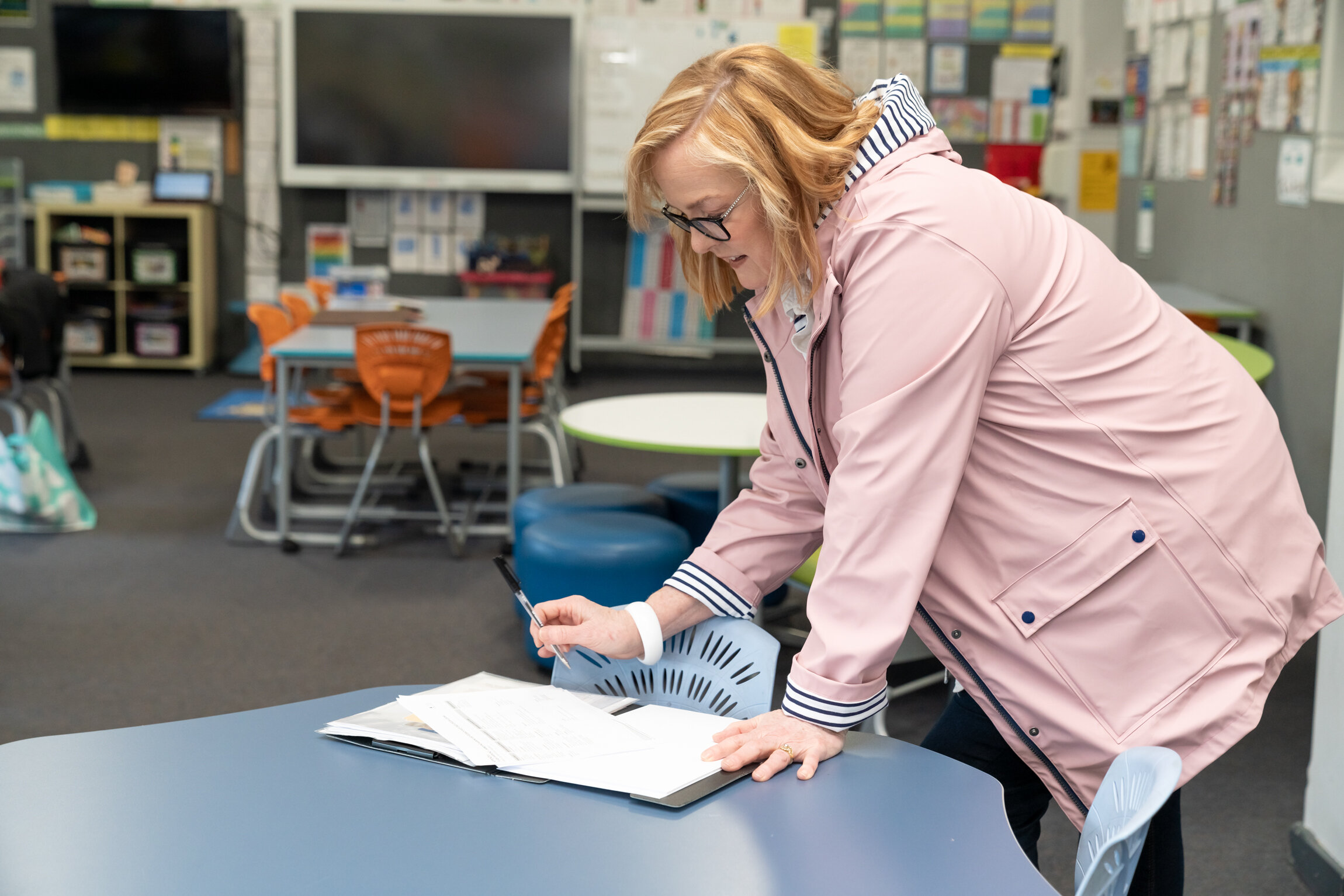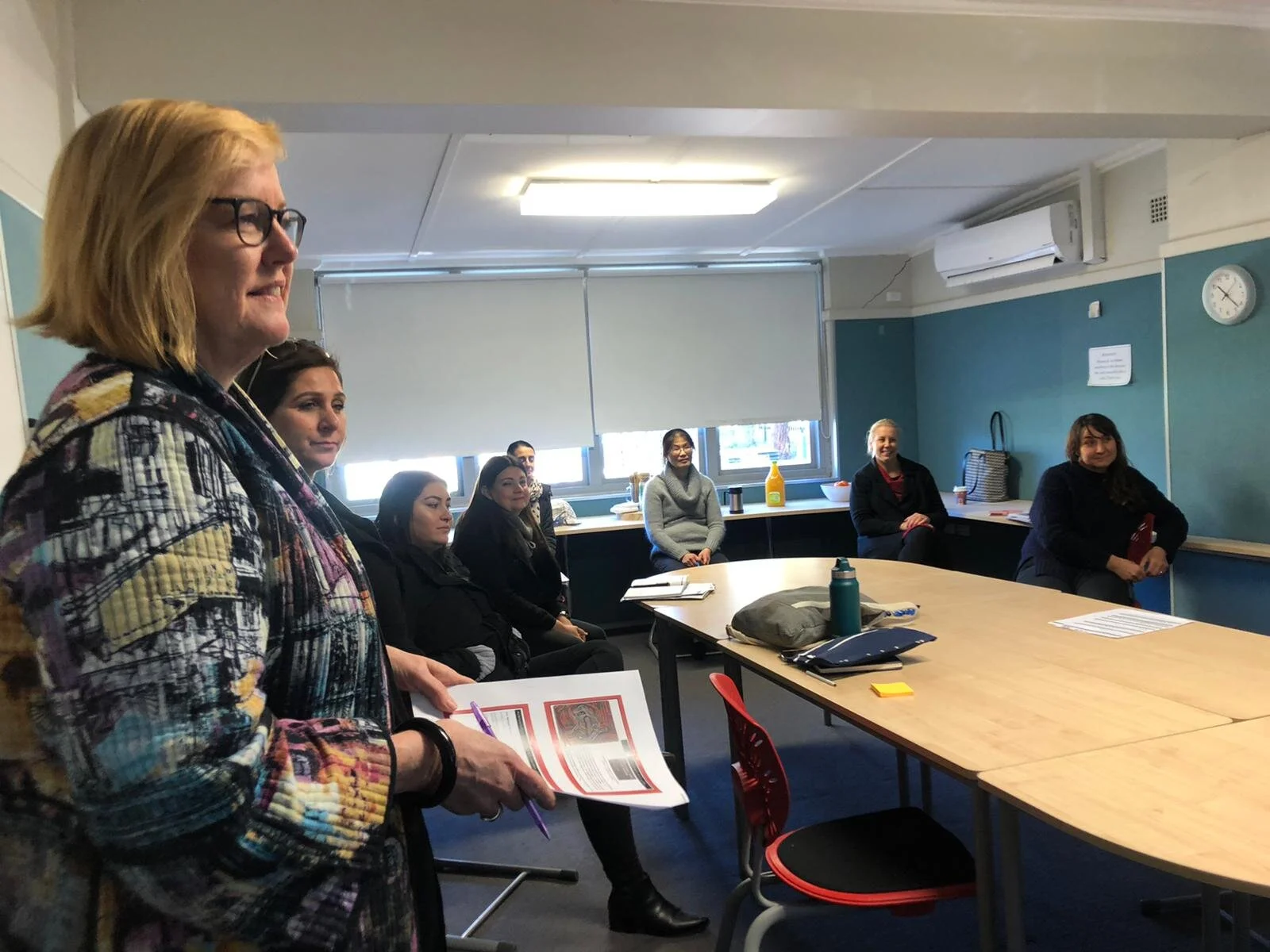How I Work
Through the work we enhance teaching assistants’ classroom teaching and learning practice, responding to the complexity of their role, and lifting learning and well-being outcomes for students with disability.
The professional learning program synthesises evidence from the learning sciences and educational research regarding high-impact teaching strategies that support the kinds of relationships and learning opportunities needed to promote children’s well-being, healthy development, and transferable learning. We have incorporated international research regarding practices that bolster teaching assistants’ practice in responding to individual variability, addressing adversity, and supporting resilience.
We focus first on our students and how they learn, identifying the strengths and challenges they experience. Then we work to design out barriers to learning, prompting educators to place the greatest responsibility for adaptation on the curriculum, and choice of instructional strategies.

-
Situational Analysis - Audits
Who takes part? School leaders, teachers, and teaching assistant teams.
As a key component of the School Excellence cycle and an essential step in prioritising areas for growth, the Situational Analysis allows schools to develop a contextualised understanding of their current situation around the three dimensions of teaching assistants’ deployment, practice, and preparation.
We collect data, and contrast it to research, identifying a potential starting point for areas requiring attention, the extent to which it is needed, and a baseline against which change can later be quantified.

-
Individually Focused Coaching Sessions
Who takes part? A teaching assistant and coach.
With a balance of respect, challenge, and curiosity the teaching assistant and coach work together to make sense of the complexity of teaching, by gathering specific, individual knowledge and skills about teaching and learning.
With deliberate practice and purposeful reflection, we build competency and capacity in teaching assistants.
These professional conversations usually take place on Zoom or Teams platforms.

-
Workshops - High Impact Teaching Strategies
Who takes part? School-based teaching assistant teams.
Because teaching quality is the biggest in-school determinant of students' progress and achievement, these sessions held at your school, explore high impact teaching strategies [instructional practices] that reliably increase student learning.

-
Networking
Who takes part? Teaching assistants from connected school communities.
These forums share ideas, show work, solve problems, and explore best practice for teaching assistants.
Collectively we have rich knowledge and insight, with enormous tools and resources, and when teaching assistants from many schools gather … great things happen.

-
Shared School Development Days
Who takes part? School leaders, teachers, and teaching assistant teams.
These whole school-based, targeted professional learning activities are aligned to school strategic directions and Department of Education priorities. Together we explore, and challenge perceptions of ways teachers and teaching assistants can work together.
-
Quality Teaching Scans
Who takes part? Teaching assistants and coach.
We invite teaching assistants to take a fine-grained look at their practice, and these on-the-job observations provide a platform to reflect on pedagogy with a very specific framework for personal reflection.
We also include Learning Walks with the aim of fostering conversation about teaching and learning to develop a shared vision of high-quality teaching that impacts on student learning.


